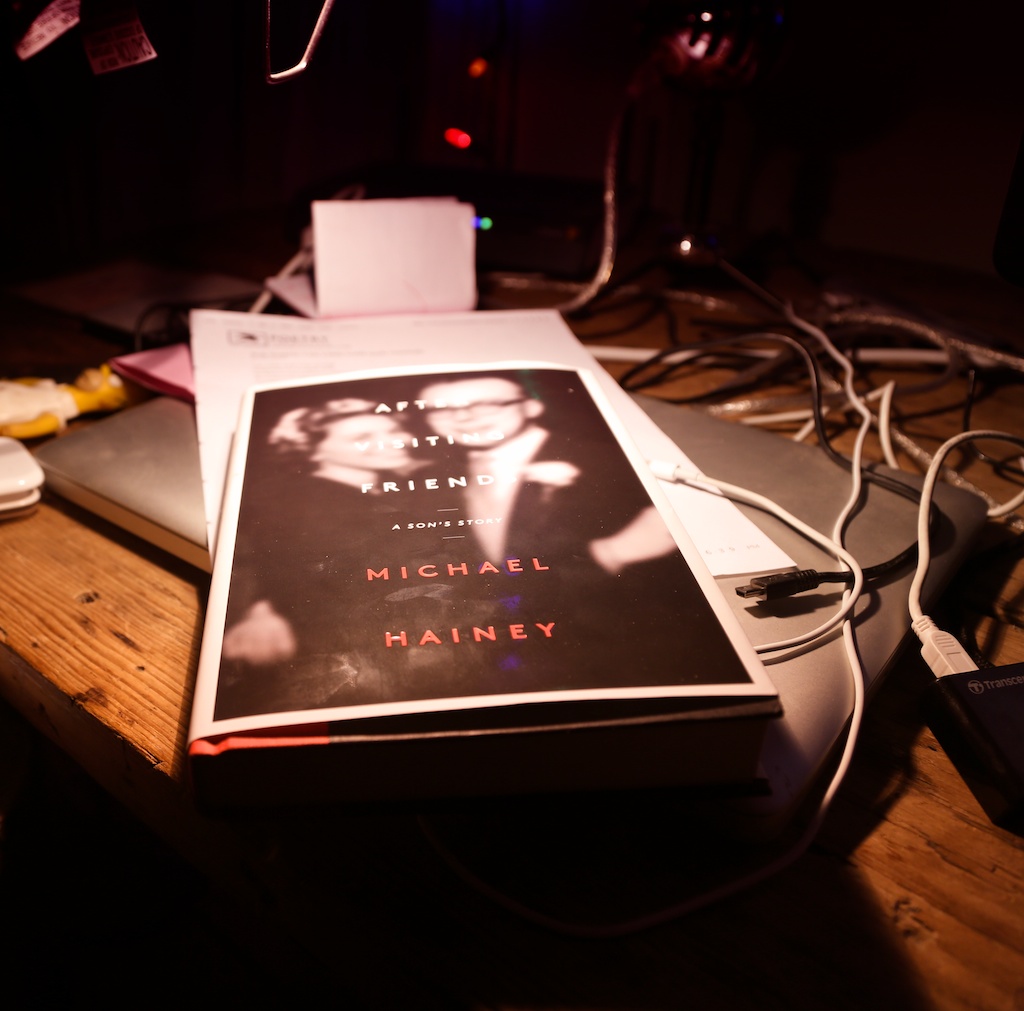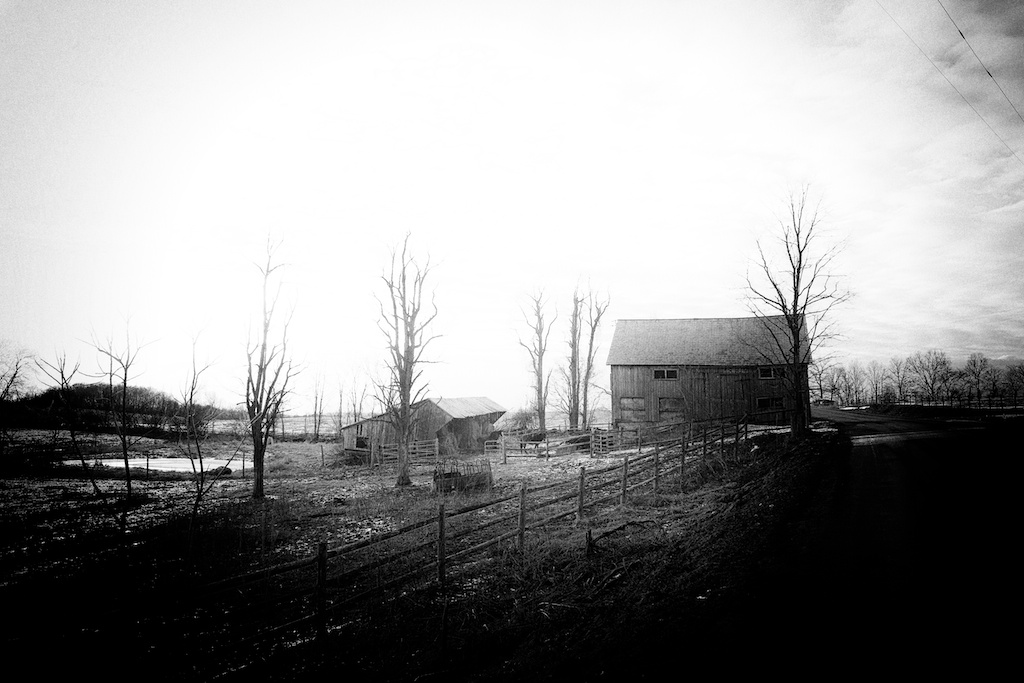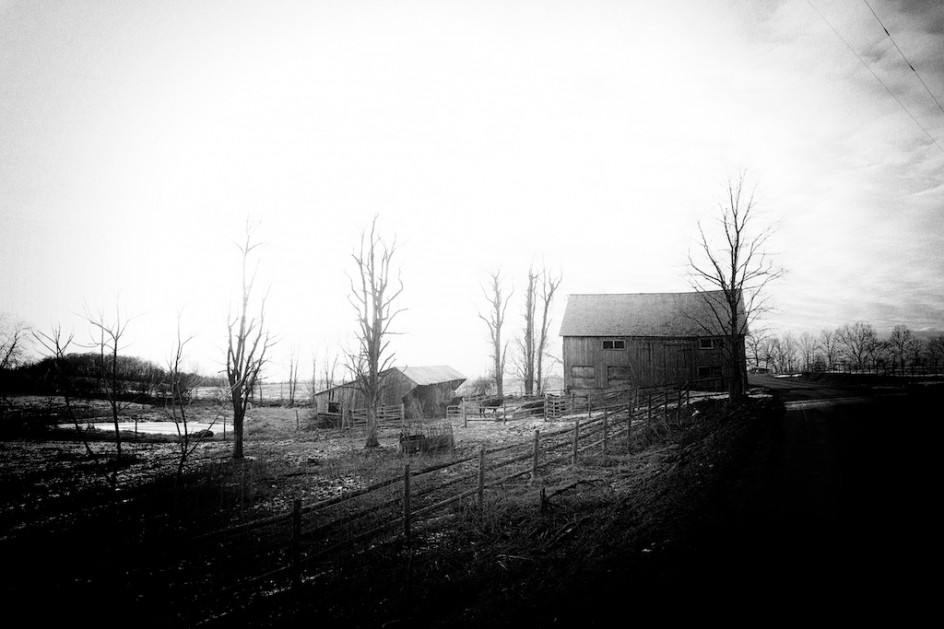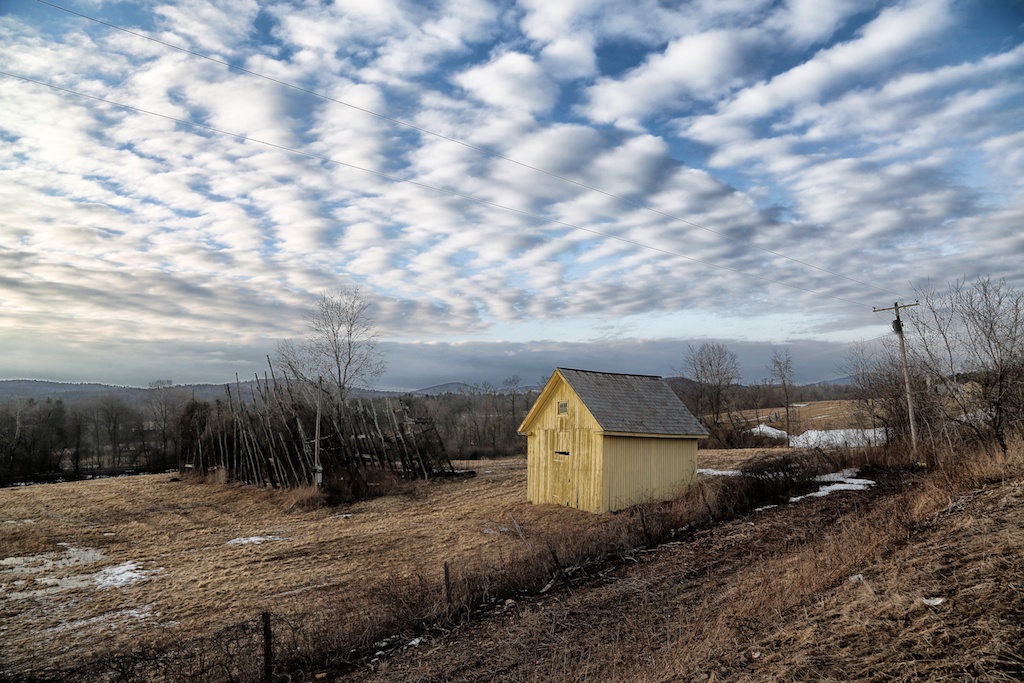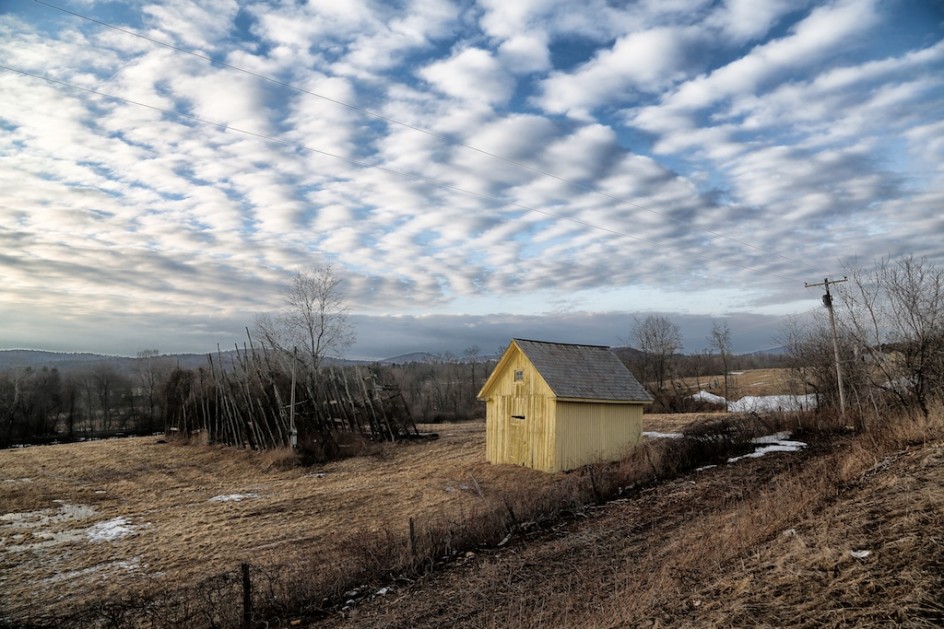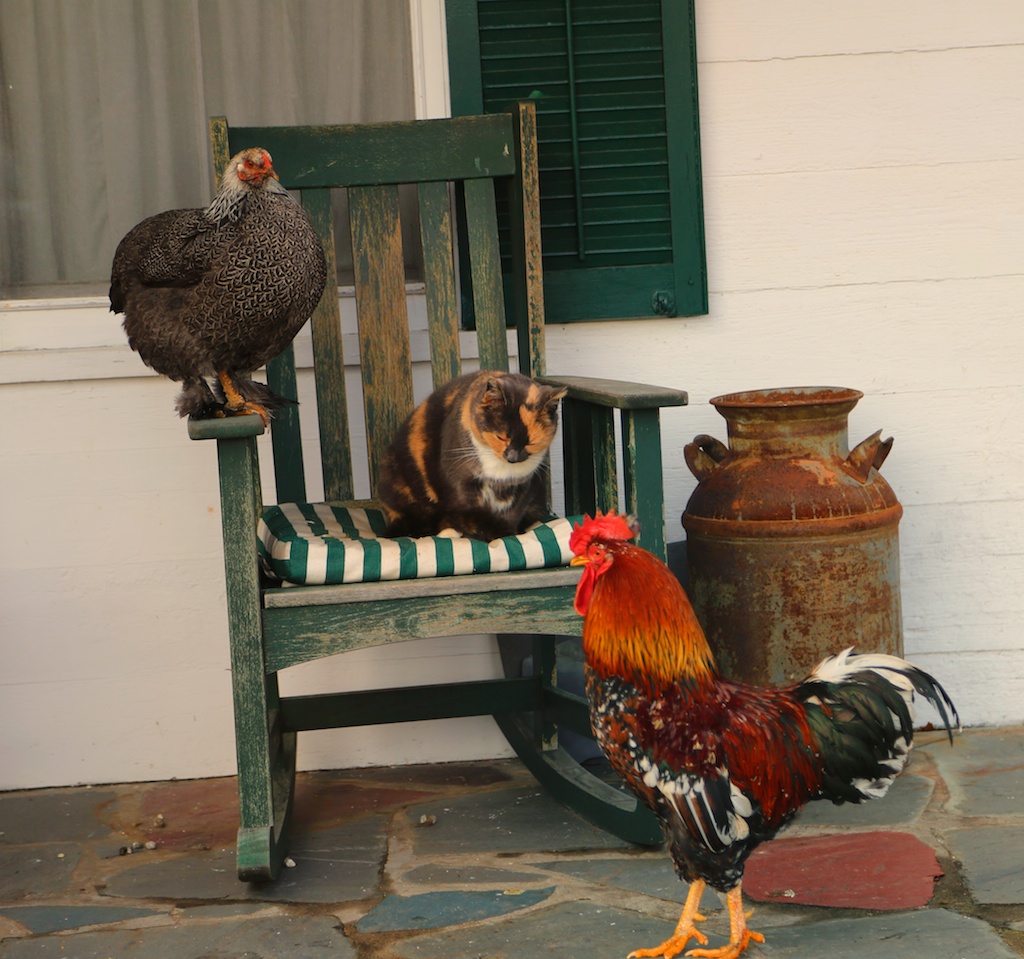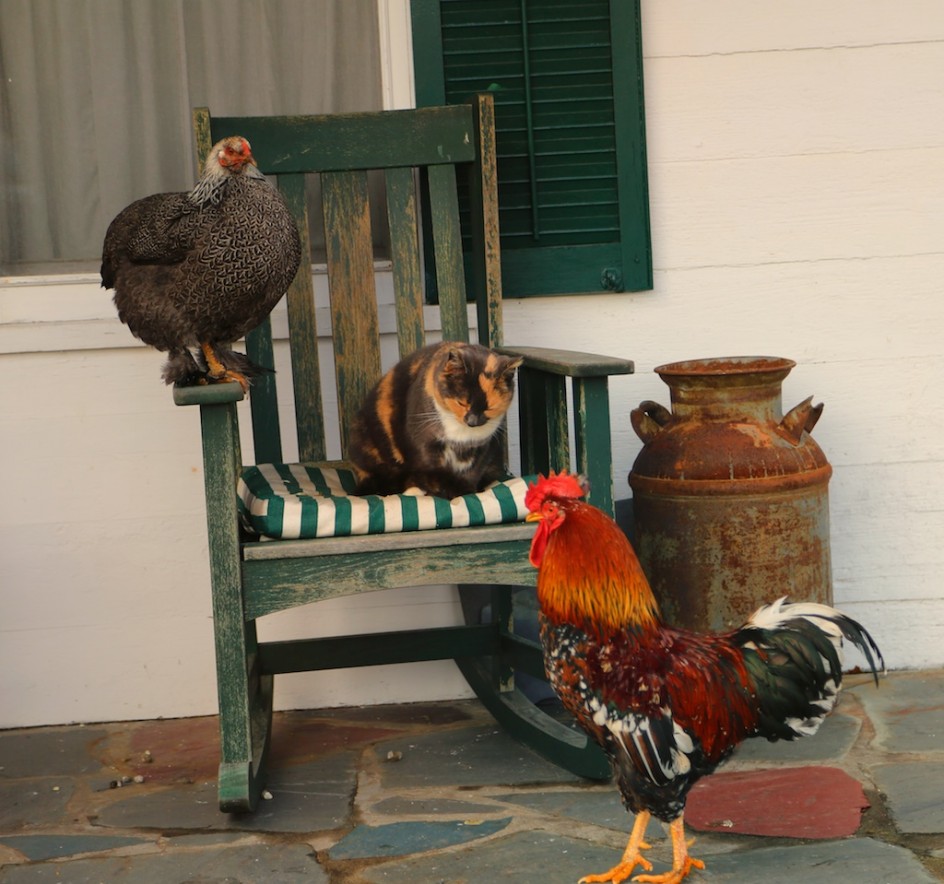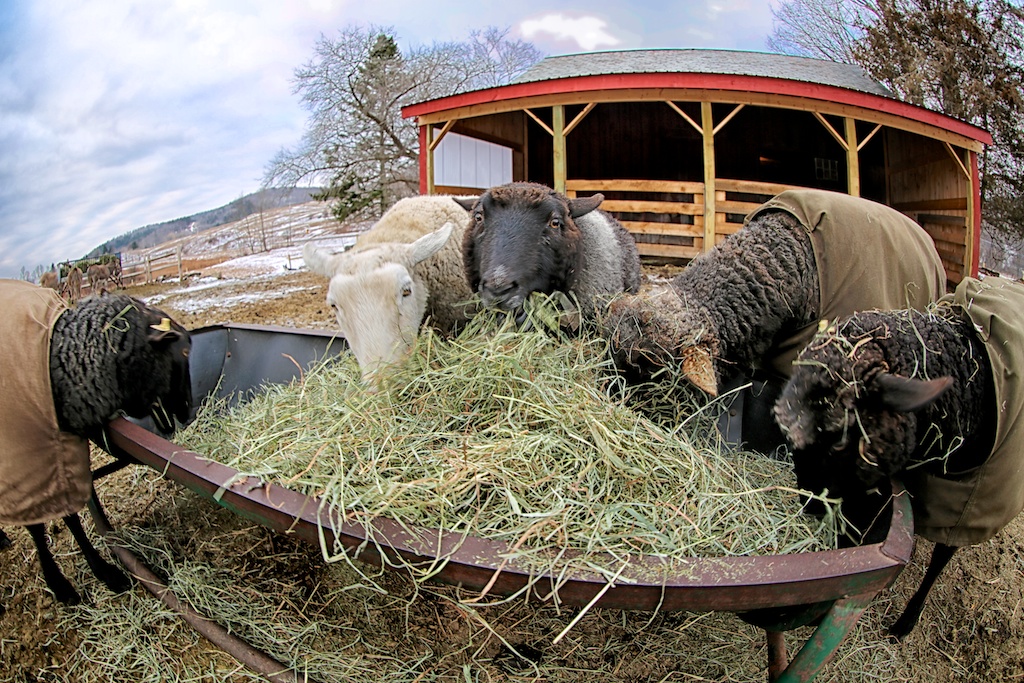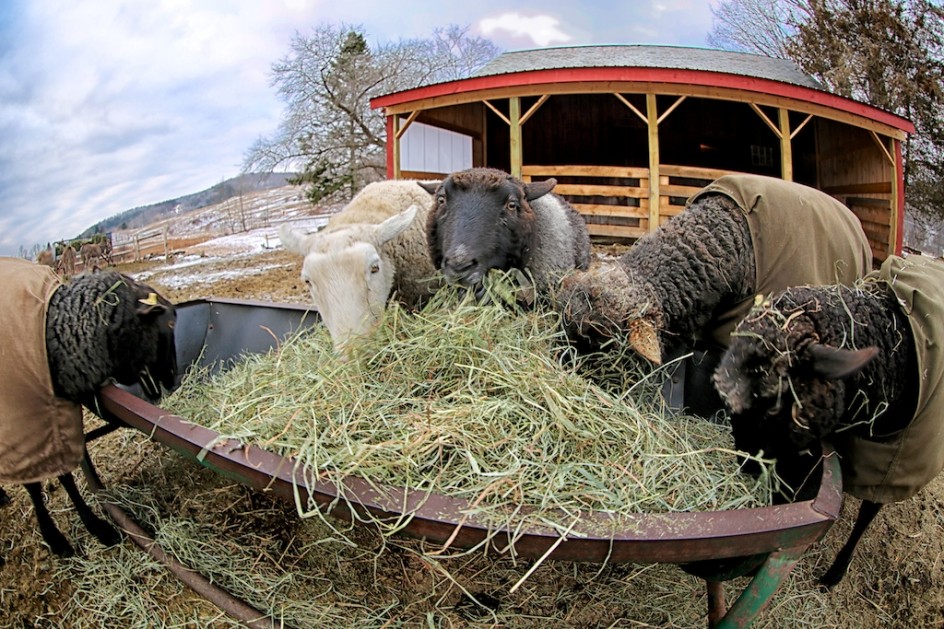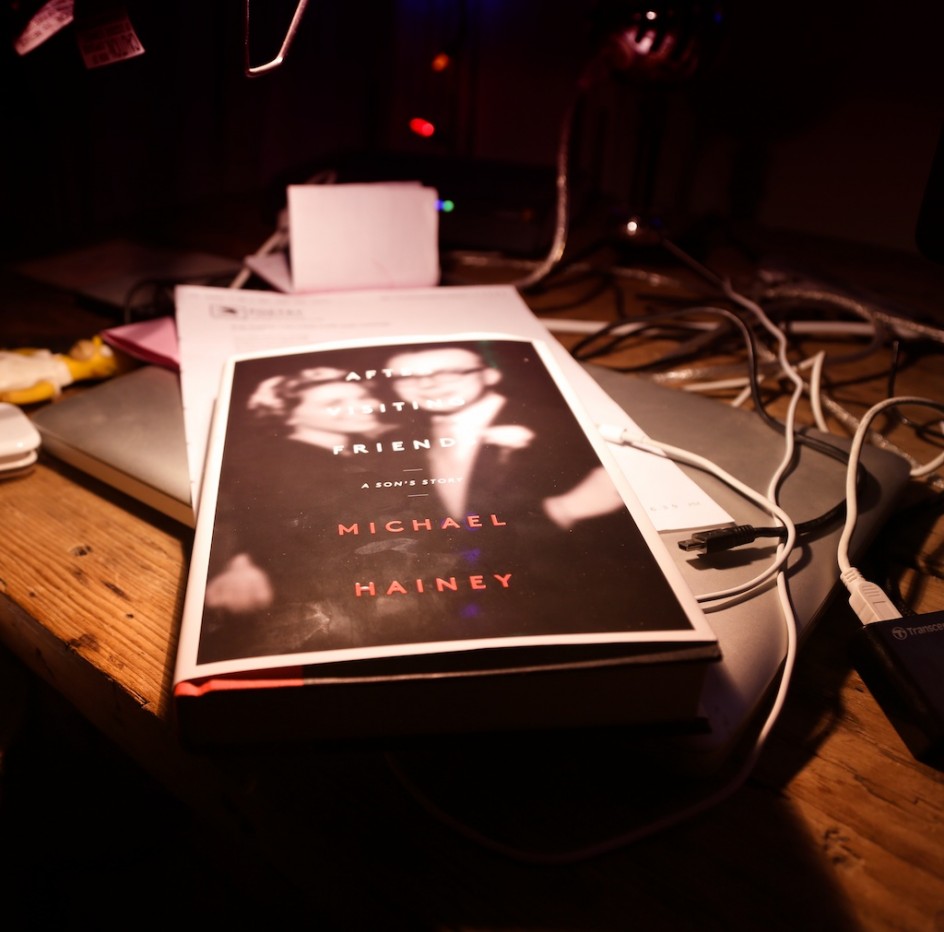
If you wish to purchase this book, please consider buying it from Battenkill Books of Cambridge, N.Y, where I work as book Recommender-In-Chief, or from your local independent bookstore. You can call Battenkill at 518 677-2515, e-mail Connie Brooks at [email protected] or visit the store’s website. They take Paypal and ship anywhere in the world and if you mention me or this review, you will receive a free gift along with the book. Thanks for buying local and supporting a great independent bookstore.
__
“After Visiting Friends: A Son’s Story” is a non-fiction memoir (Scribner) written by Michael Hainey, now the deputy editor of GQ Magazine. Hainey was born in Chicago and on the day he turned six his uncle turned up at his home early one morning and told the family that his father Robert, a copy chief at the Chicago Sun-Times, had been found dead on a dark Chicago street far from home or work. The cause of death, the uncle said, was a heart attack. He died, Hainey was told, “after visiting friends.” Robert was a much loved rising star in Chicago journalism. Bob, like most journalists of the time, was a heavy drinker and bar hopper. Newspaper people worked under great stress and late at night, and invariably capped their workdays in bars with pals. Robert’s death shattered the family and obsessed Michael for much of his life.
The story his uncle told never really added up. Robert had no friends in the neighborhood where he was found, and had no reason to be there. There were curious discrepancies in the obituaries of his father’s death. No “friends” came forward to say they expected him to visit them or were with him when he died. None were ever found. His mother, a former journalist herself (she met her husband at the Chicago Tribune), refused to ever discuss his father’s death with Michael. She never said a word about it. Many years later, Michael is now a savvy reporter himself, and he decides to find out what really happened to his father. From the first, he finds it impossible to believe his father’s newspaper buddies didn’t know what had happened to the friend they loved.
Hainey’s work takes him around the country tracking down his father’s fellow journalists. It also takes him deep into the secrets of his father’s life, guarded resolutely by family and by the clannish newspaper community that loved his father. Hainey takes on a network of denial, and he never really wavers, peeling back layer after layer of lies and confusion to get, finally to the truth. It is a story about the power of reporting, the strength and courage of a mother and wife, and above all, about redemption. About some broken hearts, too.
The book is perfectly done and works on a number of different levels. It is a wonderfully written memoir of a family and a life, it is a gripping detective story, and it is a poignant and richly detailed account of the lost world of the pre-Internet, pre-corporatized newspaperman, members of a tribe that saw too many things, drank too much and protected one another unto death. I have to confess I was one of them. When Hainey gets close to the truth, the terror he feels is not from the tough streets of Chicago, but from fear of confronting his mother and others in his clannish family. It is a story about family secrets.
Hainey is a terrific reporter as well as a powerful writer. His digging evokes Smiley in the LeCarre novels. His search for the truth about his father took him years of burrowing into records and accounts, prodding wary family members and trying to match wits with hard-bitten reporters who he is sure know the truth, but who mislead and avoid him at every turn. The very rich world of Chicago journalism is an ever present backdrop. As a former journalist, I found Hainey’s descriptions of the newspaper life very evocative and he uses it well. Chicago is a fascinating city on its own, but it was also a center of American journalism – the city had five papers at one time – and many legendary reporters, columnists and editors. Newspaper towers lined the Chicago river, and the city’s reporters shaped the city’s culture and politics. The book’s portraits of that era, the heyday of American journalism, as it turned out, are as fascinating as a son’s search for the truth about his father.
I just loved this book, couldn’t put it down and I recommend it highly. It has absolutely everything a good book ought to have – writing, plot, suspense, emotion. I am dazzled by the depth and quality of the books I am reviewing. Publishing is alive and well and turning out some wonderful stuff, and I am on a reading roll. Michael’s dogged search for the truth is just what great journalism used to be about. I found the portraits of journalism sad, but that is a personal thing for me. There was no better job on the earth than being a young reporter for a big paper in a big city. I loved every second of it, and I honor the passing of that world. I’d put this book in the must-read category.
Remember, if you can, please order from Battenkill Books. Bookstores must not go the way of newspapers. 518 677-2515. [email protected]

